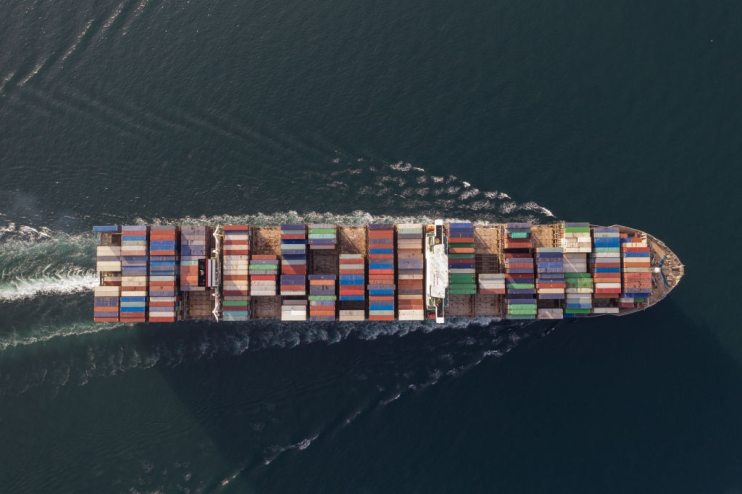UK losing out on £2bn a year by not taxing shipping pollution, green groups say

The UK government is missing out on £2bn a year by not taxing shipping pollution, environmentalists say, if plans to extend the Emissions Trading Scheme to the sector are applied more broadly.
Introduced by the UK government after Brexit, the ETS caps the amount of greenhouse gas emissions energy-intensive sectors – such as aviation and oil – can produce.
Ministers launched a consultation last year to consider extending the ETS to shipping. If the extension was to go ahead as it stands, it would only include domestic trips made on ships larger than 5,000 gross tonnage.
According to the NGO, however, domestic trips account for less than 10 per cent of Britain’s shipping emissions, and only bring in about £170m a year.
But if the ETS was extended to cover emissions from ships entering and exiting UK ports, the scheme could generate an additional £1.8bn, the group said.
“With public debt and borrowing costs at an all time high, [taxing all shipping emissions] would raise significant funds with the added bonus of helping the UK on its path towards net zero,” said T&E’s sustainable shipping manager Jon Hood.
Hood’s words were echoed by Greenpeace’s chief scientist Dr Doug Parr, who said “ministers are all at sea” when it comes to the sector’s contribution to climate change.
“Instead of simply pretending the problem isn’t there, governments should start charting a different course for this industry by mandating efficient shipping and clean fuels,” Parr told City A.M.
The Department for Business Energy and Industrial Strategy was approached for comment.
Campaigners’ calls come on the same day the DfT announced a £77m funding for clean maritime technology.
“This multi-million-pound investment will help the latest tech ideas become reality and ensure UK waters will play host to green cargo ships, ferries and cruises in the next few years,” Transport Secretary Mark Harper said.
“Our funding will support a cleaner freight system, a more environmentally friendly tourism industry, and a net-zero maritime sector.”